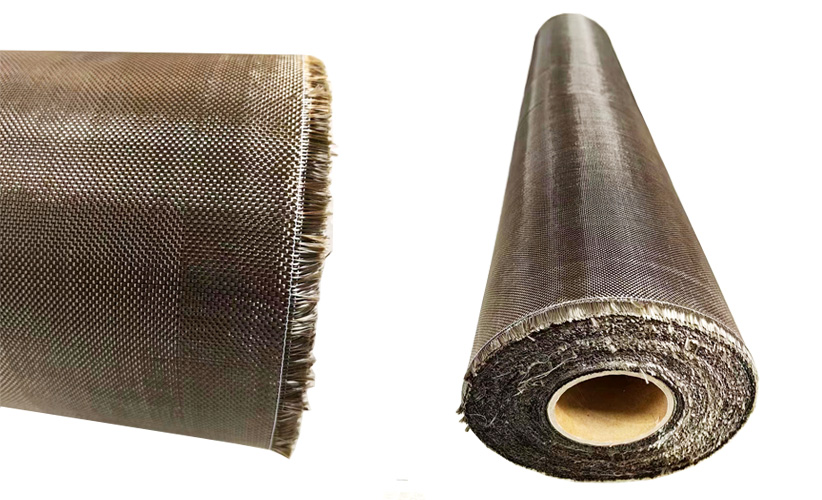In recent years, there has been growing interest in the use of basalt fiber fabrics in the production of yachts and ships. This innovative material derived from natural volcanic stone is popular for its superior strength, corrosion resistance, temperature resistance and environmental benefits compared to traditional E-GLASS.
One of the most significant advances in the application of basalt fiber fabrics is its use in the production of unidirectional and plain woven fabrics for yachts and ships. This high-performance material has been making waves in the maritime industry as it offers a viable alternative to E-GLASS, which has been a staple in ship construction for decades.
Basalt fiber fabric has several advantages over E-GLASS. It is known for its exceptional strength, making it ideal for strengthening the structures of yachts and ships. The material also offers excellent corrosion resistance, which is critical for ships that are regularly exposed to harsh marine environments.
Additionally, basalt fiber fabric has impressive temperature resistance, allowing it to withstand extreme heat and cold without compromising its structural integrity. This makes it a reliable choice for offshore applications where temperature changes are frequent.
In addition to its excellent mechanical properties, basalt fiber fabrics are also known for their environmental sustainability. As a natural material, it is derived from volcanic stone, making it a renewable resource. This is in line with the growing demand for environmentally friendly and sustainable materials across various industries, including shipbuilding.
Manufacturers and designers in the maritime industry are increasingly looking to basalt fiber fabrics as a viable solution to meet the growing demand for high-performance and sustainable materials. Its versatility and compatibility with existing production processes make it an attractive option for yacht and ship construction.
With its exceptional properties, basalt fiber fabric has the potential to revolutionize the way yachts and ships are built. Its use in the production of unidirectional fabrics and plain weaves marks a major shift in the maritime industry towards more durable, efficient and environmentally friendly materials.
As demand for sustainable and high-performance materials continues to grow, basalt fiber fabrics will play a vital role in shaping the future of yacht and ship production. Its unparalleled strength, corrosion resistance, temperature resistance and environmental benefits make it ideal for increasing the performance and longevity of maritime vessels.
In summary, the use of basalt fiber fabrics (including unidirectional and plain weave) in yacht and ship production represents a revolutionary development for the maritime industry. With its exceptional performance and environmental sustainability, this innovative material has the potential to redefine excellence standards in shipbuilding. As the demand for sustainable and high-performance materials continues to grow, basalt fiber fabrics are set to become a front-runner in future yacht and ship production.
Post time: Jan-31-2024







